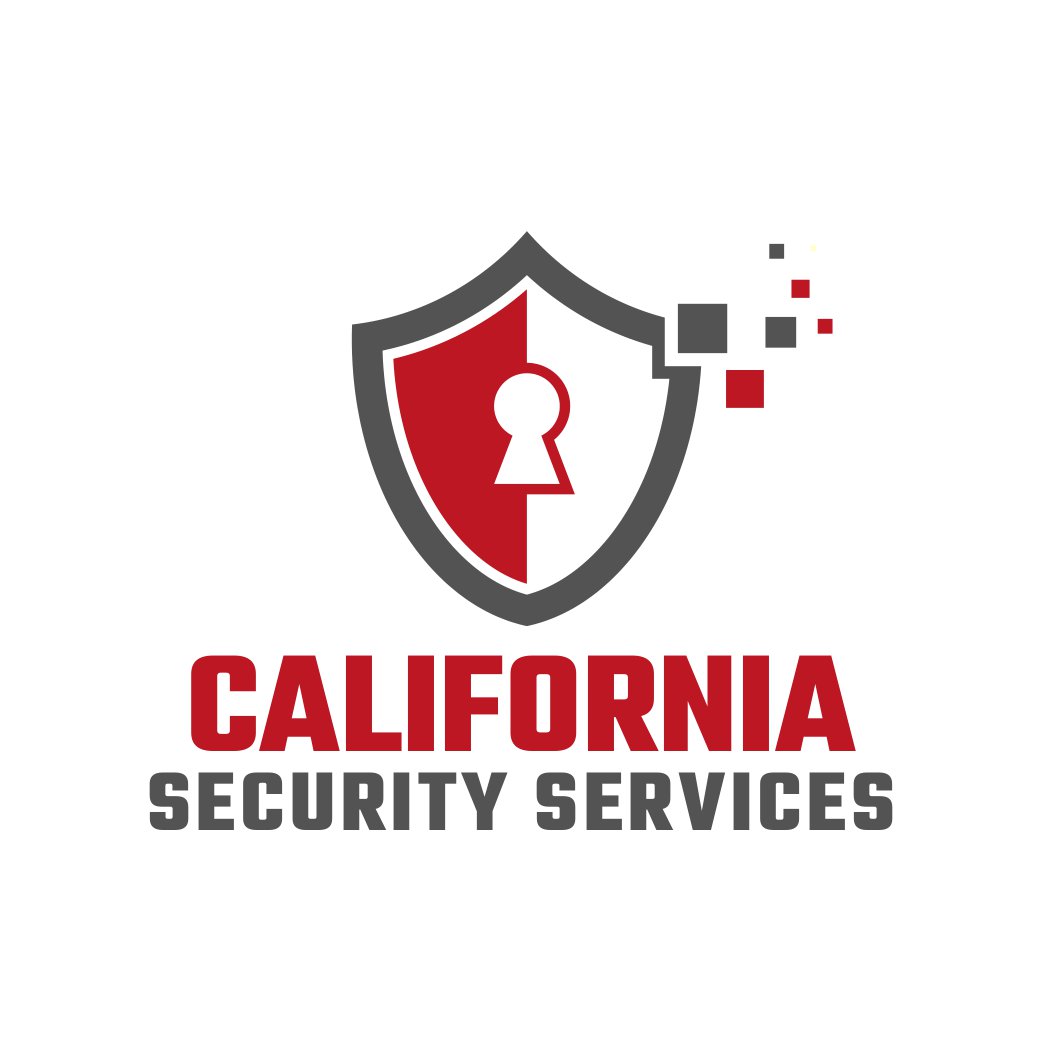Security guards are frequently utilized to ensure public safety, yet one may wonder whether security personnel have legal obligations when performing their duties in California. California values individual rights and privacy highly. Understanding their boundaries will allow security personnel to fulfill their responsibilities effectively. But hereSecurity guards keep public spaces safe. But can security guards touch you in California? This question sparks curiosity. In California, individual rights matter. Guards must follow strict rules. At California Security Service, we ensure our team respects these limits. Let’s find out their legal powers, limits, and specific scenarios.
What Does California Law Say?
California sets clear boundaries. Security guards have limited powers. They can’t touch you without a reason. Force is allowed only for self-defense or protecting others. For example, Hotel Security Guards must stay within these rules. Moreover, guards aren’t police. They lack the same authority. Understanding this keeps everyone safe and respected.
What’s the Role of Private Security?
Private security guards protect property and people. They maintain order in places like malls or offices. For instance, Commercial Security Services focus on safe environments. However, guards can’t act like law enforcement. Their job includes monitoring and responding to issues. But physical contact? That’s a last resort. Knowing their role helps you understand their limits.
California’s Rules on Using Force
The Bureau of Security and Investigative Services (BSIS) guides guards. Force must be necessary and reasonable. Guards try verbal warnings first. Non-lethal methods come next. Physical contact is rare. For example, a Fire Watch Security Guard follows these rules during patrols. This ensures safety without overstepping. Strict guidelines keep actions fair.
When Can Guards Touch You? Key Scenarios
Let’s look at specific cases. Here’s when guards might use physical contact:
Handling Suspected Shoplifting
Spot a shoplifter? Guards can detain them briefly. They use minimal force if needed. Talking calmly is preferred. Police handle the rest. This approach works in Personal Security Guard Services too.
Dealing with Trespassers
Trespassing on private property? Guards ask you to leave. They use words, not hands. If you refuse and pose a risk, they might use light force. Clear communication comes first.
Managing Disorderly Conduct
Acting disruptive? Guards aim to calm things down. They use verbal skills to de-escalate. Physical contact happens only if there’s a real threat. Safety is the priority.
Protecting Themselves
Guards can defend themselves. If someone attacks, they use reasonable force. Non-lethal options are best. This keeps everyone safer, including the guard.
Handling Drunk or Aggressive People
Drunk or aggressive behavior? Guards stay cautious. They prioritize everyone’s safety. Force is a last resort. They follow BSIS rules to avoid harm.
In all cases, guards must act responsibly. Unnecessary force breaks the law.
Why These Limits Matter
Rules protect your rights. They also guide guards to act fairly. For instance, Commercial Security Services rely on trained guards who know the law. This builds trust in public spaces. Additionally, understanding these boundaries prevents conflicts. Everyone benefits when guards respect limits.
Balancing Safety and Rights
So, can security guards touch you in California? Only when necessary and within strict rules. At California Security Services, we train guards to prioritize safety and respect. They use force sparingly, ensuring your rights stay intact. Don’t let confusion cloud your understanding. Know the rules and feel secure. Contact us for expert services or other needs. Let’s keep California safe together!
